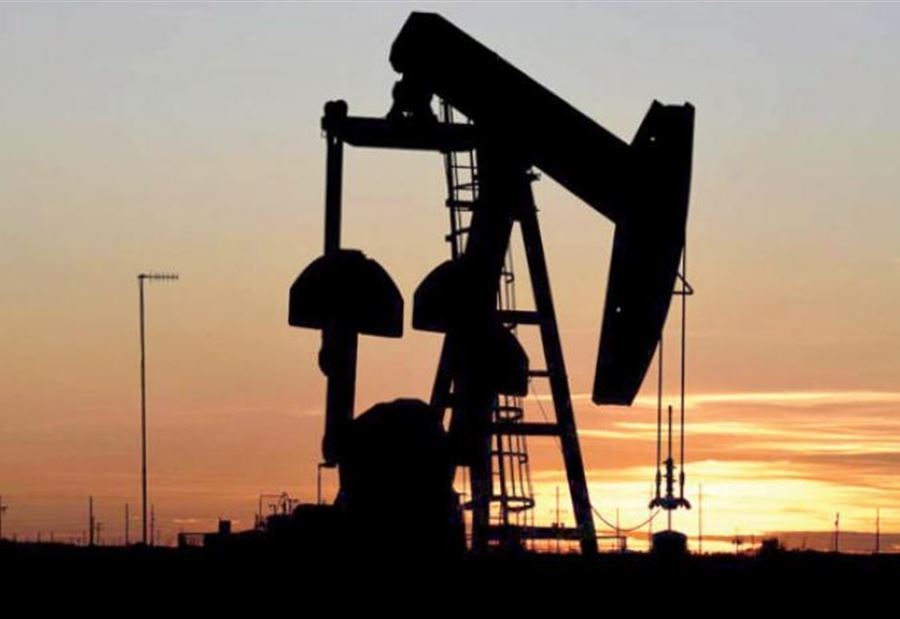Oil prices continued to rise on Friday, but fears of declining fuel supply from Russia, fears of inflation and slowing global growth, fears of declining fuel supplies from Russia, fears of inflation and slowing global growth. As China’s closure to deal with the epidemic escalated, oil prices continued to rise on Friday.
Brent oil futures rose 85 cents, or 0.8 percent, to $ 108.30 a barrel.
West Texas Intermediate crude was up 64 cents, or 0.6 percent, at $ 106.77 a barrel.
However, both benchmark contracts are moving towards a weekly decline, with Brent crude expected to fall about 3 percent and US crude about 2 percent.
The market remains volatile, and the EU is likely to impose a ban on Russian oil supplies, leading to supply shortages and concerns about declining global demand.
SBI Asset Management partner Steven Ince said oil traders were looking for “a window of light at the end of China’s dark closure tunnel”.
He added: “However, we always return to the starting point by comparing the decrease in the number of patients and the increase in the adherence of officials to the zero-Qavid policy.”
Inflation and sharp rise in interest rates pushed the US dollar to its highest level in 20 years and limited the rise in oil prices as the rising dollar made it more expensive to buy oil in other currencies.
But analysts continue to focus on possible EU sanctions on Russian oil following Moscow imposing sanctions on Gazprom’s European units this week and after Ukraine blocking a major gas transit route.
“With rising natural gas prices in Europe, it is inevitable that some of the effects will spread to oil,” Jeffrey Haley, a senior analyst at Ovanda Market, said in a note.
A report released by the International Energy Agency on Thursday showed contradictory factors in the market, as it said higher oil production in the Middle East and the United States and declining demand growth were “expected to prevent a sharp supply deficit amid growing disruption.” Russian logistics. “
The agency said it expects Russian production to fall by about 3 million barrels a day from July, about three times the current standstill, if sanctions against Russia are extended due to the war with Ukraine or more purchases are prevented.
Source: Lebanon Debate
